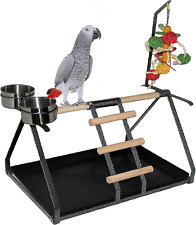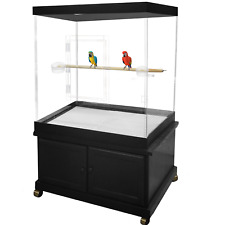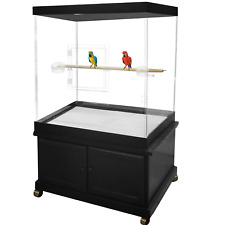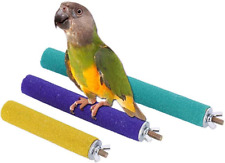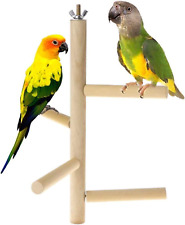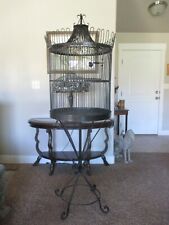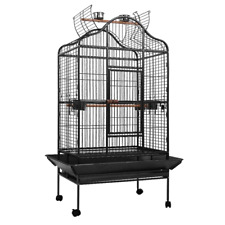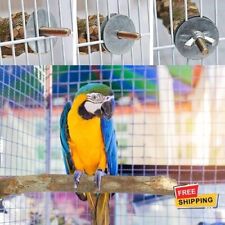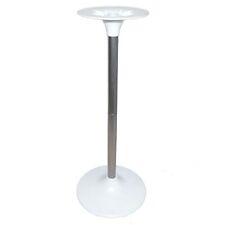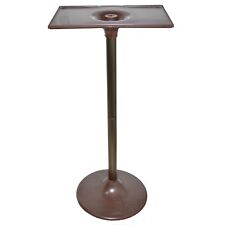Black Locust Poisoning in Horses

A recent wind storm blew a whole bunch of black locust pods and leaves into my horse's pasture. I know this particular tree is poisonous to horses, so is my horse at risk of getting sick if he eats the pods and/or leaves? Would he even eat them? I know this tree is poisonous to horses..... what should I do?

The Black Locust (Robinia pseudo-acacia) is a member of the pea family and is highly toxic to all animals, although horses are particularly at risk. Almost all parts of the plant which are accessible to a horse are dangerous, including the leaves, shoots, seeds and seed pods and the inner bark. While your horse would probably only eat the parts of this plant that have been blown into his pasture if he was not receiving an alternative regular food source, judging by the fact the the horse is the most commonly affected animal of Black Locust poisoning, I would advise you to assume that your horse will eat some of the plant.
The primary modes of action of Black Locust poisoning are the protein robin, the glycoside robitin and the alkaloid robinine, which affect the gastroinestinal tract and nervous system. Symptoms of poisoning can be apparent within only a few hours of ingestion, and include depression, diarrhea, abdominal pain and, if excessive amounts have been ingested, eventual paralysis and irregular heart rate. Death would normally occur within only a few days but is not always a certainty. If you suspect that your horse has eaten some of the plant, or he is displaying any of the symptoms above, you must contact your veterinarian immediately.
Therefore, I would advise you to move your horse to a different pasture while you remove the plant parts that have blown into the field. If this is not possible you must do your best to remove all offending items, and make sure your horse has lots of food and hay available to prevent him being inquisitive.

Parrot Bird Perch Table Top Stand Metal Wood 2 Steel Cups Play for Medium...
$7894.30
PENNZONI Macaw Acrylic Cage, Large Acrylic Bird Cage for Macaws or Parrots
$3174.95
PENNZONI Large Acrylic Bird Cage, Amazon Acrylic Cage, Parrot Cage, Macaw Cage
$2468.95
PIVBY Wood Bird Cage Perch Colorful Parrot Stand Toy Platform Paw Grinding...
$2379.30
Parakeet Perch,Bird Natural Wood Stand,Parrot Cage Top Wooden Branches for...
$1983.30
Antique Iron Bird Cage Mid-Century Modern Geometric Vtg Victorian Dome, Stand
$1500.00
NNEDSZ Bird Cage Pet Cages Aviary 168CM Large Travel Stand Budgie Parrot Toys
$392.47
5PCS Bird Perch for Cage Bird Stand Toy Set Natural Wooden Parrot Stand...
$1023.94
Hagen B4494 Round Plastic Cage Stan, Chrome Bird 10" Diameter 33" High
$999.99
Hagen B4483 Rectangular Cage Stand, Antique Brass Painted Bird 15"x10"x33"H
$999.99
